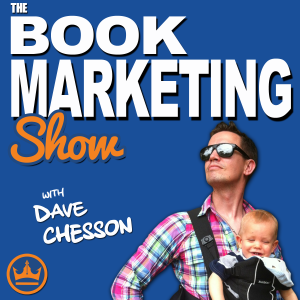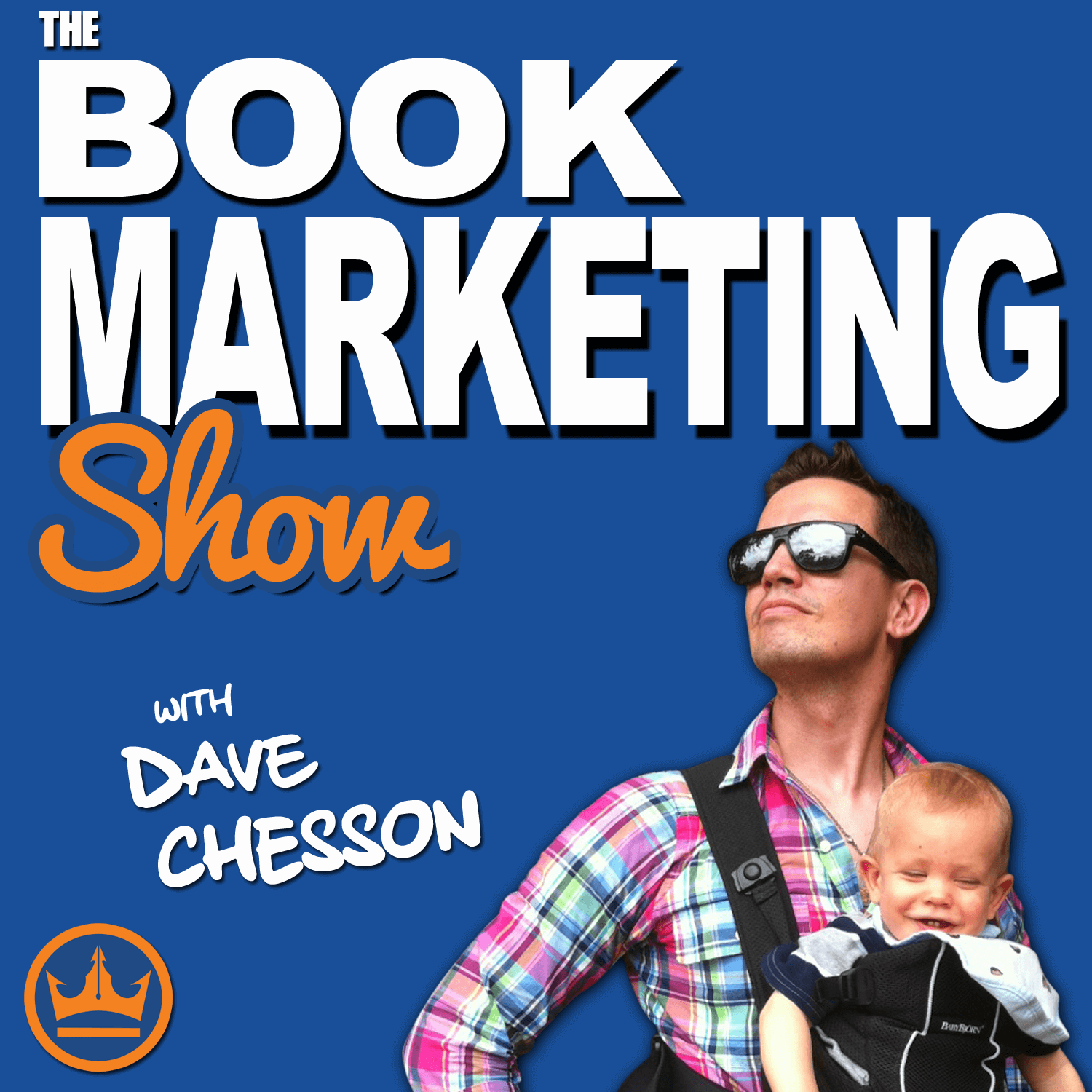
Book Marketing Show Podcast with Dave Chesson
Business:Marketing

61. What Publishing Companies Are Really Like (Insider Story)
 2019-01-29
2019-01-29
As an author and consultant who has worked with a number of book publishers, it’s important for us authors to understand how publishing companies work, what they look for in books, and what authors need to consider before signing anything.
The biggest thing to consider is these companies are looking for books that will sell. There are four main things to take into account when it comes to leveraging your book:
The subject matter is something the company really cares about. Your own sales as a self-published author. Your social media following and/or email list. How much you stick to the company’s core structure.There are so many independent book publishers now, you may find it’s easy to find a publisher that is perfect for your genre or book style. You may even find publishing companies that are focused even more on particular niches within that genre. If you’ve already self-published, having good sales numbers is also appealing to publishing companies.
Even if you’re not published yet, you may have already been building an email list or your social media following. Publishing companies are able to see those numbers as absolute sales, and they’ll see you as a good risk to take. I’ve even seen one author leverage different publishing companies against one another to get a six-figure deal.
If you find a publishing company that seems to fit your genre, you may want to look at other books they have published to see their core style. If you’re able to write in that style, you’ll look more appealing to that company.
Before You SignYou may have found what you think to be the perfect publishing company for your book. But before you sign anything, you should be aware of the different ways deals can be structured.
When talking with Jeff Goins, another author, he said when you sign a deal with a publishing company, how much they give you upfront is usually an indication of how much effort they’re going to put into your book marketing. If they put money up front, they have more skin in the game to recoup those costs.
Find out what kind of support you’ll receive from your publishing company. Will there be a marketing team? What kind of marketing are you expected to do?
After a RejectionUnderstand that you may get rejected, as well. J.K. Rowling is known for getting rejected by many publishers until her agent called in a favor and begged a publisher to read the first “Harry Potter” book.
But if you get rejected from one of the major publishing companies, you may be passed along to their vanity press, which is like a subsidiary of the bigger company. You may have to pay to get published through these, plus you’ll have to do a lot of your own marketing. And on top of that, they still get a cut.
Smaller publishers may be able to give you more personalized attention. Be sure to do your research on the ones you find, though. It’s easy enough to create a limited liability corporation, throw up a website, and call yourself a publisher, but find out if they actually have the skill-set to get your book in front of the right market.
Regardless of your decision to sign with a big or small publisher, it’s still important you learn marketing. Gaining a following and an email list is essential, as well. These are tools that will help you sell your own books, as well as pitch your books to publishers.
Resources Referred to in this Episode: Jeff Goins Book Marketing Show Setting Up a Book Publishing CompanyMore Episodes
 2018-08-28
2018-08-28
 2018-07-31
2018-07-31
 2018-07-24
2018-07-24
 2018-06-05
2018-06-05
 2018-05-22
2018-05-22
 2018-05-15
2018-05-15
 2018-05-08
2018-05-08
 2018-04-24
2018-04-24
 2018-04-17
2018-04-17
Create your
podcast in
minutes
- Full-featured podcast site
- Unlimited storage and bandwidth
- Comprehensive podcast stats
- Distribute to Apple Podcasts, Spotify, and more
- Make money with your podcast
It is Free
- Privacy Policy
- Cookie Policy
- Terms of Use
- Consent Preferences
- Copyright © 2015-2024 Podbean.com




